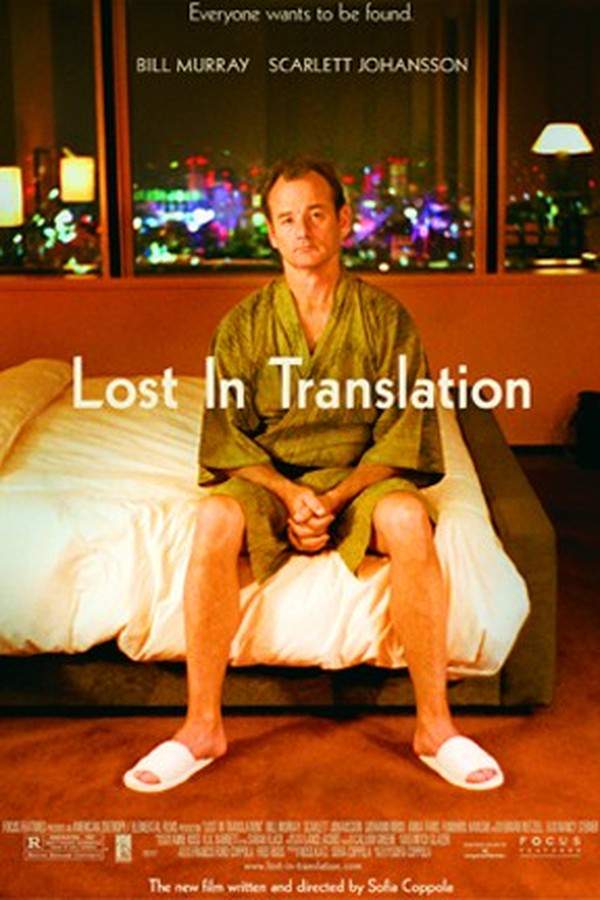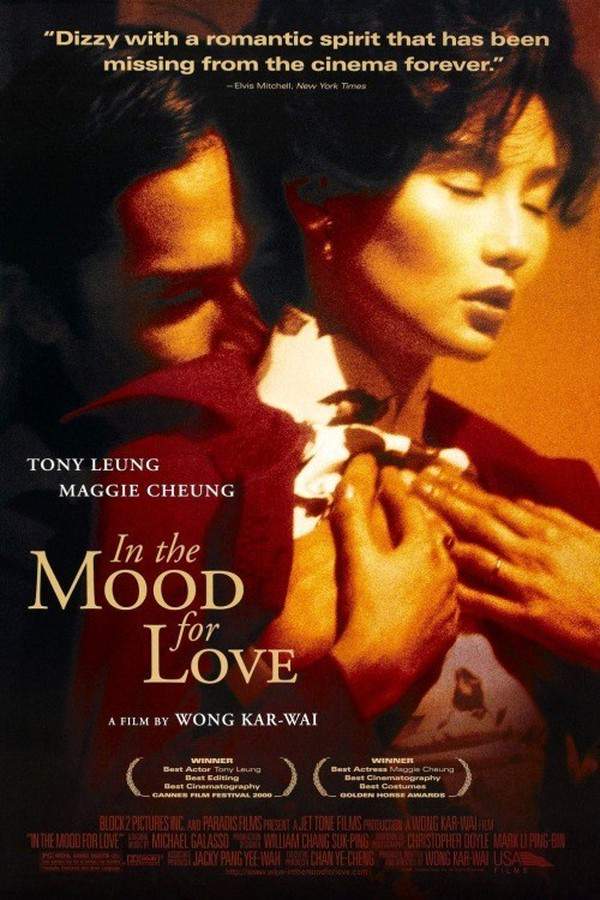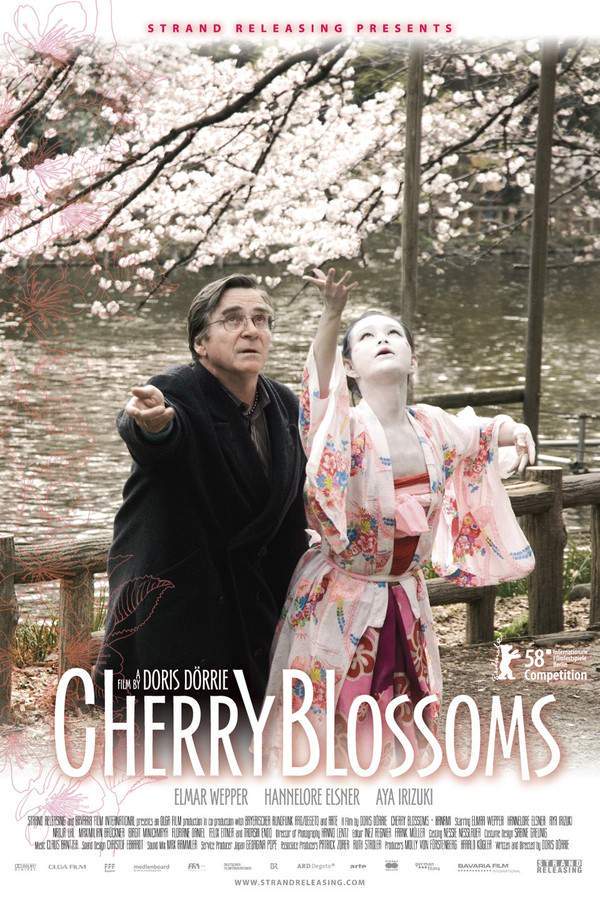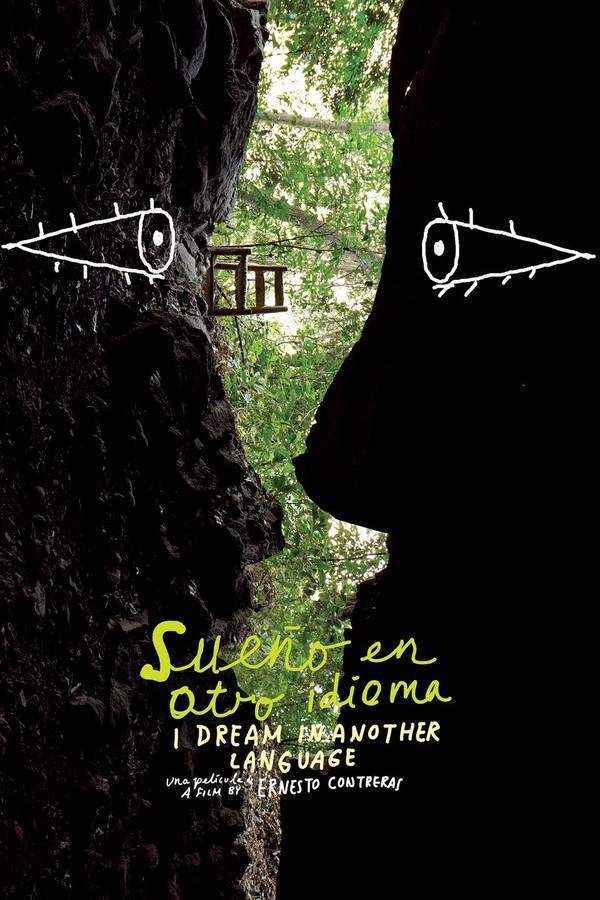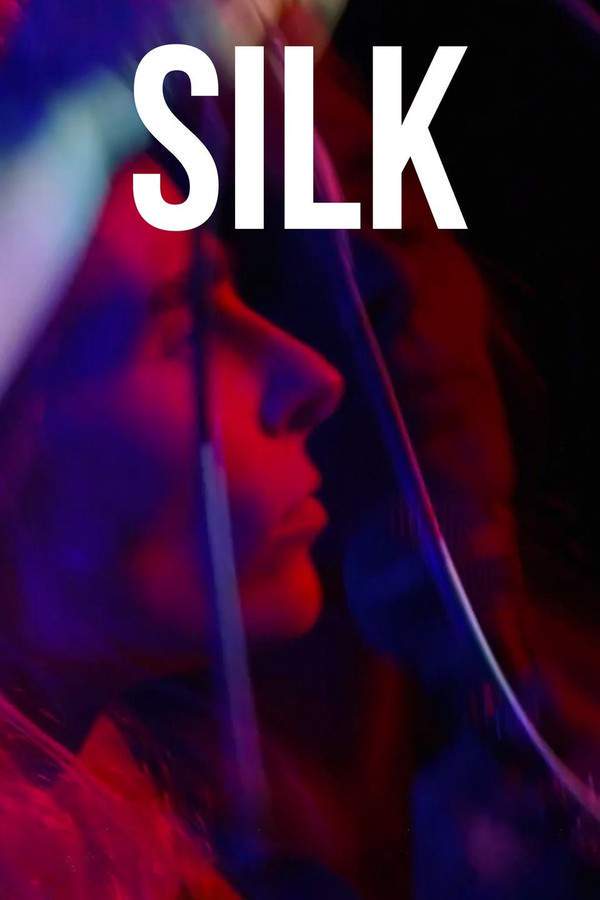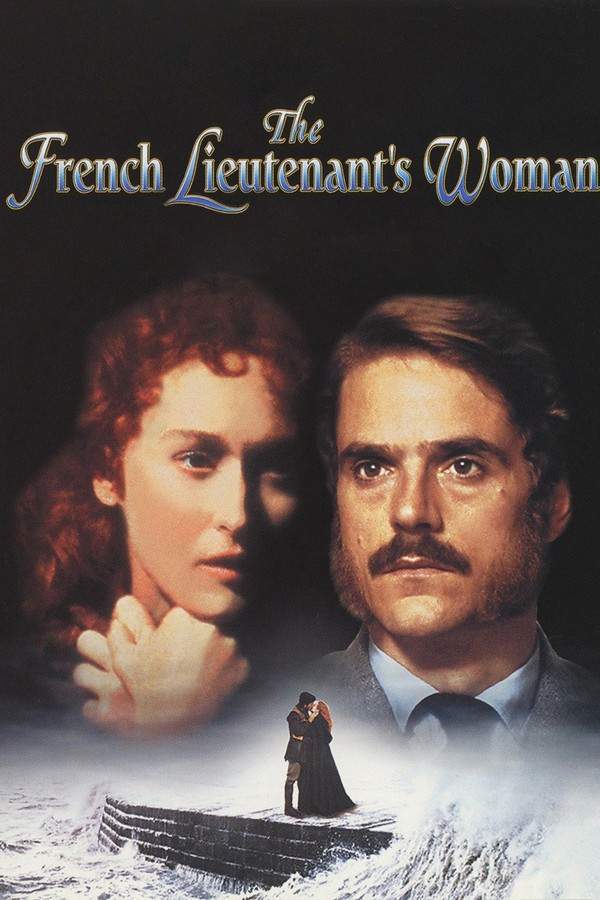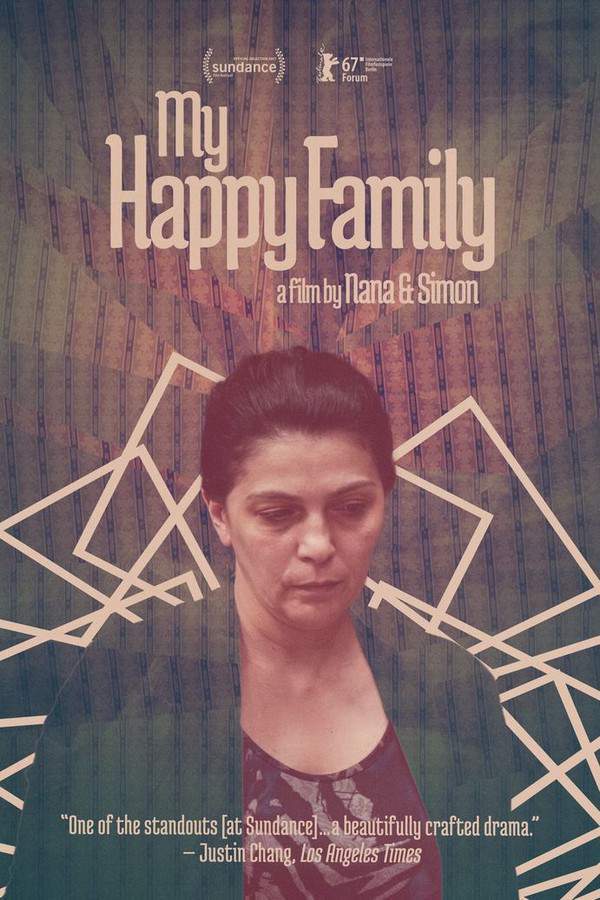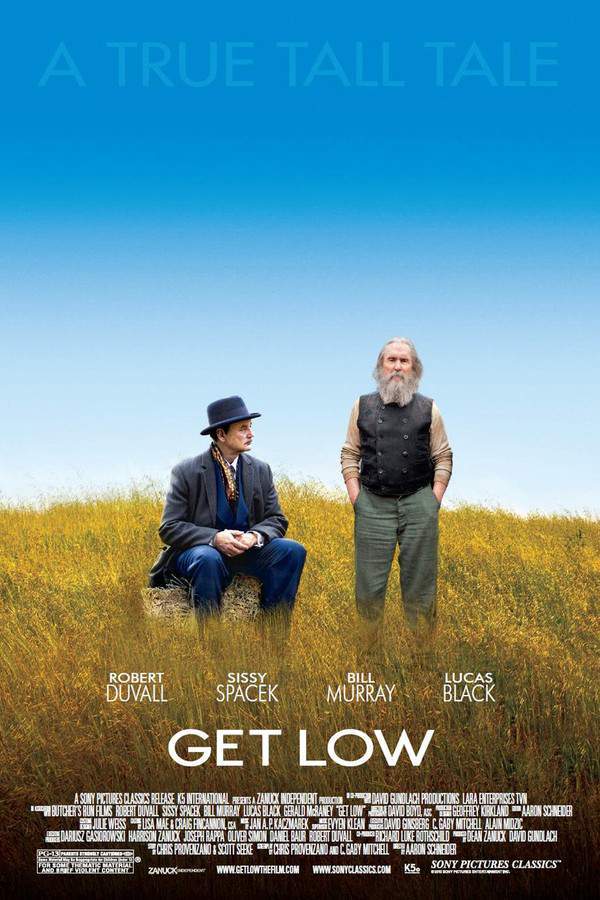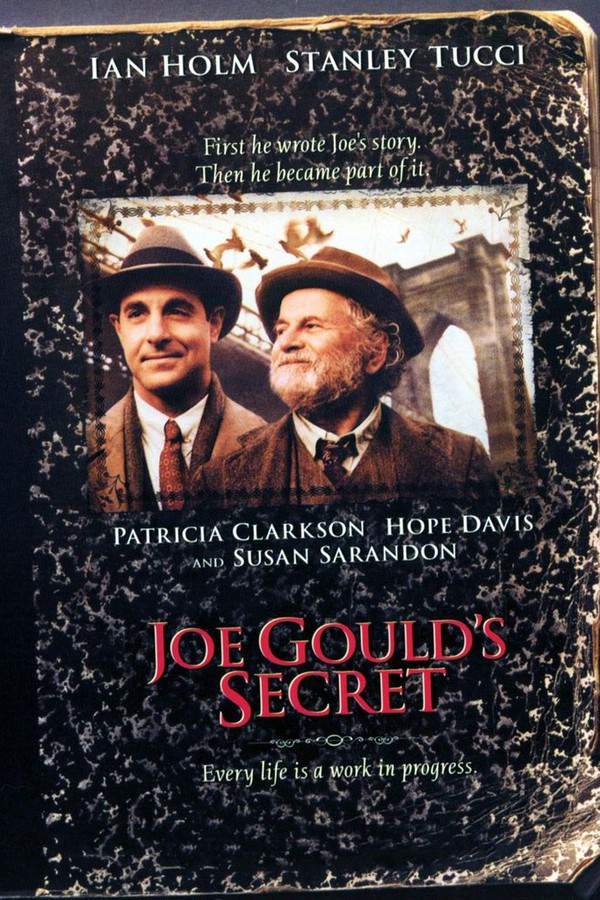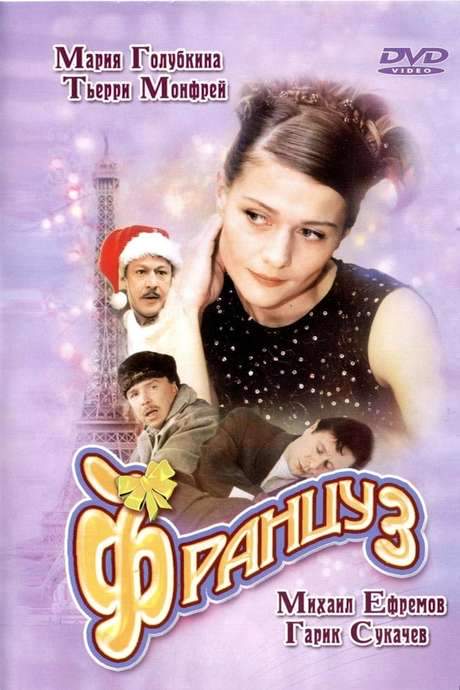
Frenchman
Year: 2004
Runtime: 100 mins
Language: Russian
Director: Vera Storozheva
Baron Paul, a French noble, journeys to a remote Russian town seeking the woman he has been exchanging letters with. He discovers that Ania has been assisting his friend Irina in translating the correspondence, which Irina has been sending to him. On New Year’s Day, his heart awakens with love as he strives to win Ania’s hand.
Warning: spoilers below!
Haven’t seen Frenchman yet? This summary contains major spoilers. Bookmark the page, watch the movie, and come back for the full breakdown. If you're ready, scroll on and relive the story!
Frenchman (2004) – Full Plot Summary & Ending Explained
Read the complete plot breakdown of Frenchman (2004), including all key story events, major twists, and the ending explained in detail. Discover what really happened—and what it all means.
In August 1957, three young left-wing Parisians — Nicole, Jean-Marie, and Pierre — meet for the last time at a café on the banks of the Seine. Jean-Marie is bound for service in the Algerian War, while Pierre, a student with roots in Russia, travels to the Soviet Union for an academic internship. This opening frame sets the stage for a Voyage through ideas, loyalties, and longing that stretches across continents and decades.
When Pierre arrives in Moscow, he takes up residence in the dormitories of Moscow State University and quietly immerses himself in Russian literature, while also conducting research for his thesis on the work of the French ballet master Marius Petipa. His stay is shaped not only by formal study but by the people he meets: Valery Uspensky, a photography student at VGIK, becomes a friendly guide; Valery introduces Pierre to Kira Galkina, a dancer at the Bolshoi Theatre. Through the relative cultural openness of the Khrushchev Thaw, Pierre—a Frenchman fluent in Russian—receives a curious and warmer reception from Muscovites than he might have anticipated. He discovers there is more to Soviet life than the official culture taught in classrooms: an underground life that coexists with the public face of the era. As Pierre grows closer to Kira, he begins to feel a quiet, growing romantic pull, which also stirs a subtle rivalry with his friend Valery as their paths cross and diverge.
Parallel to his scholarly pursuit, Pierre embarks on a deeply personal quest to locate his biological father, Tatishchev, a former White Army officer. Pierre’s mother, descended from an old Russian noble family, had a brief affair with Tatishchev in 1931. Concealing the pregnancy, she moved to Paris via a post at the Soviet trade mission in Berlin, ultimately escaping to France. The search unfolds with the help of former Smolny Institute alumni who had spent years in the Gulag, and Pierre finally finds Tatishchev—now working as a night watchman in a provincial town. The revelation of their lineage is loaded with irony: Tatishchev, who had survived the upheavals of the Civil War and the Red Terror, is astonished to meet a son who has embraced communism.
Tatishchev’s life story adds another layer of memory and survival to Pierre’s journey. He recounts a past marked by several imprisonments in the 1930s and 1940s, the period of the Gulag, and a curious, almost mythical claim about having mathematically proven the existence of God. The conversation between father and son is intimate and fraught with emotion—the aging officer’s revelation and his subsequent death leave Pierre with a sense of unfinished history and lingering questions about belief, politics, and fate.
Upon returning to Moscow, Pierre learns that Valery has been arrested, a stark reminder of how quickly the political climate can turn. The mix of personal longing, intellectual exploration, and political tension threads through Pierre’s experiences, shaping his understanding of both the city he loves and the life he leads. In the end, after these revelations and the upheavals of his friends’ fates, Pierre prepares to depart for Paris, carrying with him memories of a time when ideas, art, and human connections flowed freely yet faced the ever-present undercurrents of risk and repression.
This story remains drawn with a careful, balanced touch, staying true to its themes of cultural exchange, family history, faith and doubt, and the cost of political conviction. The film leaves the viewer with a contemplative sense of the long reach of history, and how a life connected to different worlds can influence where one ends up—not just geographically, but in belief, loyalty, and love.
Last Updated: October 09, 2025 at 16:48
Explore Movie Threads
Discover curated groups of movies connected by mood, themes, and story style. Browse collections built around emotion, atmosphere, and narrative focus to easily find films that match what you feel like watching right now.
Melancholic cross-cultural romance like Frenchman
Quiet stories of love unfolding against a backdrop of political and cultural distance.If you liked the bittersweet romance and cultural exchange in Frenchman, you'll enjoy these movies. They feature quiet, character-driven stories where love blossoms across divides, set against evocative historical or political landscapes. Discover more films about romantic longing and intimate connection.
Narrative Summary
Stories often follow a central character traveling to an unfamiliar place, where a slow-building romance becomes intertwined with a deeper understanding of the local culture, history, or political situation. The journey is as much about personal discovery as it is about love, culminating in a connection that is profound but often complicated by external forces.
Why These Movies?
These films are grouped together for their shared focus on the intersection of personal romance and cultural or political context. They combine a reflective, melancholic tone with a slow, immersive pace, creating an intimate experience centered on emotional connection rather than dramatic plot twists.
Slow-burn historical quests like Frenchman
Reflective journeys where uncovering the past leads to profound personal change.For viewers who appreciated Frenchman's reflective search for connection and history, this section features similar movies. These character-driven stories follow protagonists on intimate journeys of discovery, blending personal revelations with wider historical or political narratives. Find more films with a slow pace and medium emotional weight.
Narrative Summary
The narrative pattern involves a protagonist, driven by letters, memories, or a sense of absence, embarking on a journey to uncover a hidden truth. The plot is less about action and more about the accumulation of small, meaningful encounters and revelations. The climax is often an emotional resolution or a new understanding rather than a dramatic event.
Why These Movies?
These movies share a specific combination of a slow, contemplative pacing and a moderate complexity that focuses on character development. The experience is defined by a melancholic, intimate mood and a central theme of searching for meaning within a larger historical or personal context.
Unlock the Full Story of Frenchman
Don't stop at just watching — explore Frenchman in full detail. From the complete plot summary and scene-by-scene timeline to character breakdowns, thematic analysis, and a deep dive into the ending — every page helps you truly understand what Frenchman is all about. Plus, discover what's next after the movie.
Frenchman Timeline
Track the full timeline of Frenchman with every major event arranged chronologically. Perfect for decoding non-linear storytelling, flashbacks, or parallel narratives with a clear scene-by-scene breakdown.

Characters, Settings & Themes in Frenchman
Discover the characters, locations, and core themes that shape Frenchman. Get insights into symbolic elements, setting significance, and deeper narrative meaning — ideal for thematic analysis and movie breakdowns.

Frenchman Spoiler-Free Summary
Get a quick, spoiler-free overview of Frenchman that covers the main plot points and key details without revealing any major twists or spoilers. Perfect for those who want to know what to expect before diving in.

More About Frenchman
Visit What's After the Movie to explore more about Frenchman: box office results, cast and crew info, production details, post-credit scenes, and external links — all in one place for movie fans and researchers.


